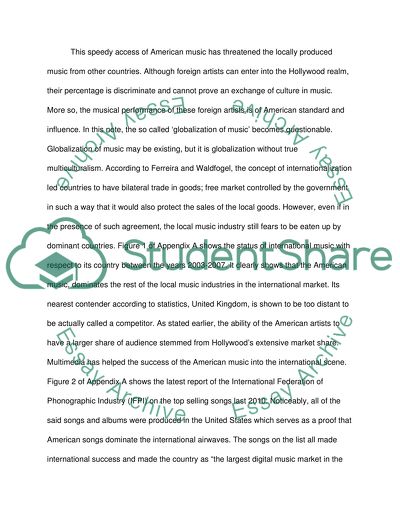Cite this document
(“Globalization and Media Essay Example | Topics and Well Written Essays - 2750 words”, n.d.)
Retrieved from https://studentshare.org/environmental-studies/1410872-globalization-and-media
Retrieved from https://studentshare.org/environmental-studies/1410872-globalization-and-media
(Globalization and Media Essay Example | Topics and Well Written Essays - 2750 Words)
https://studentshare.org/environmental-studies/1410872-globalization-and-media.
https://studentshare.org/environmental-studies/1410872-globalization-and-media.
“Globalization and Media Essay Example | Topics and Well Written Essays - 2750 Words”, n.d. https://studentshare.org/environmental-studies/1410872-globalization-and-media.


